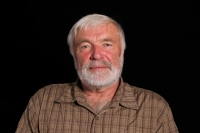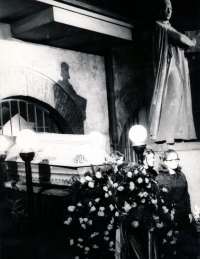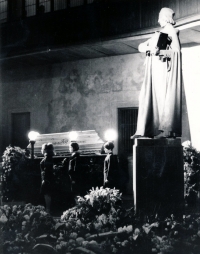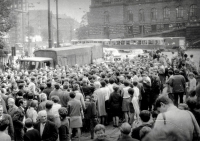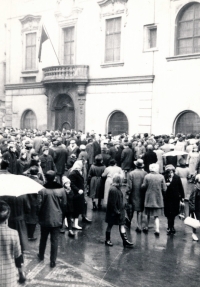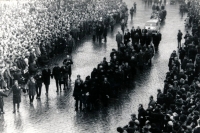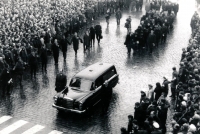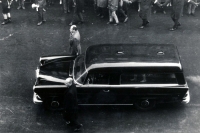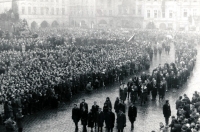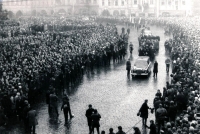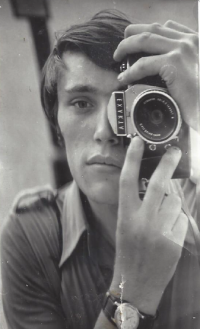August 21, 1968 was a turning point for me, that’s when it dawned on me
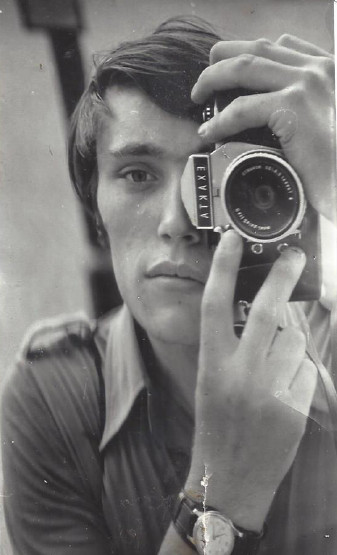
Download image
Dalibor Gut was born on April 9, 1950 in Prague-Vokovice. He had an idyllic childhood,being an only child he received a lot of attention from his parents. Thanks to them, he gained a positive attitude towards nature from an early age, which later determined his professional specialization. He graduated from the Secondary School of Horticulture in Mělník and then from the University of Agriculture in Prague. At the age of eighteen, he experienced the occupation of Czechoslovakia by Warsaw Pact troops, and the events associated with it brought him disappointment and a change in his attitude towards the socialist establishment, which he had respected until then. In January 1969, he attended the funeral of Jan Palach. He captured it in photographs which have not been published yet. Hidden on the scaffolding of the Church of St. Nicholas, he was taking photos of the funeral ceremony and events in Old Town Square. He studied at university already at the time of normalization. He sought an escape from unhappy reality in sport and in nature again. Apart from competitive swimming, he also took up mountain climbing. After graduating, he started to work as a fruit grower in a cooperative farm. Shortly after the Velvet Revolution, he started a business and, despite difficult beginnings, he managed to establish his own company specialized in garden design and implementation. In his free time, he travels, enjoys hiking and taking photos. He is married and has three children.
